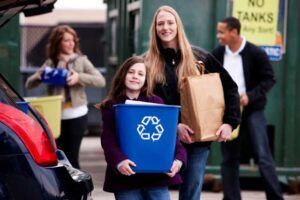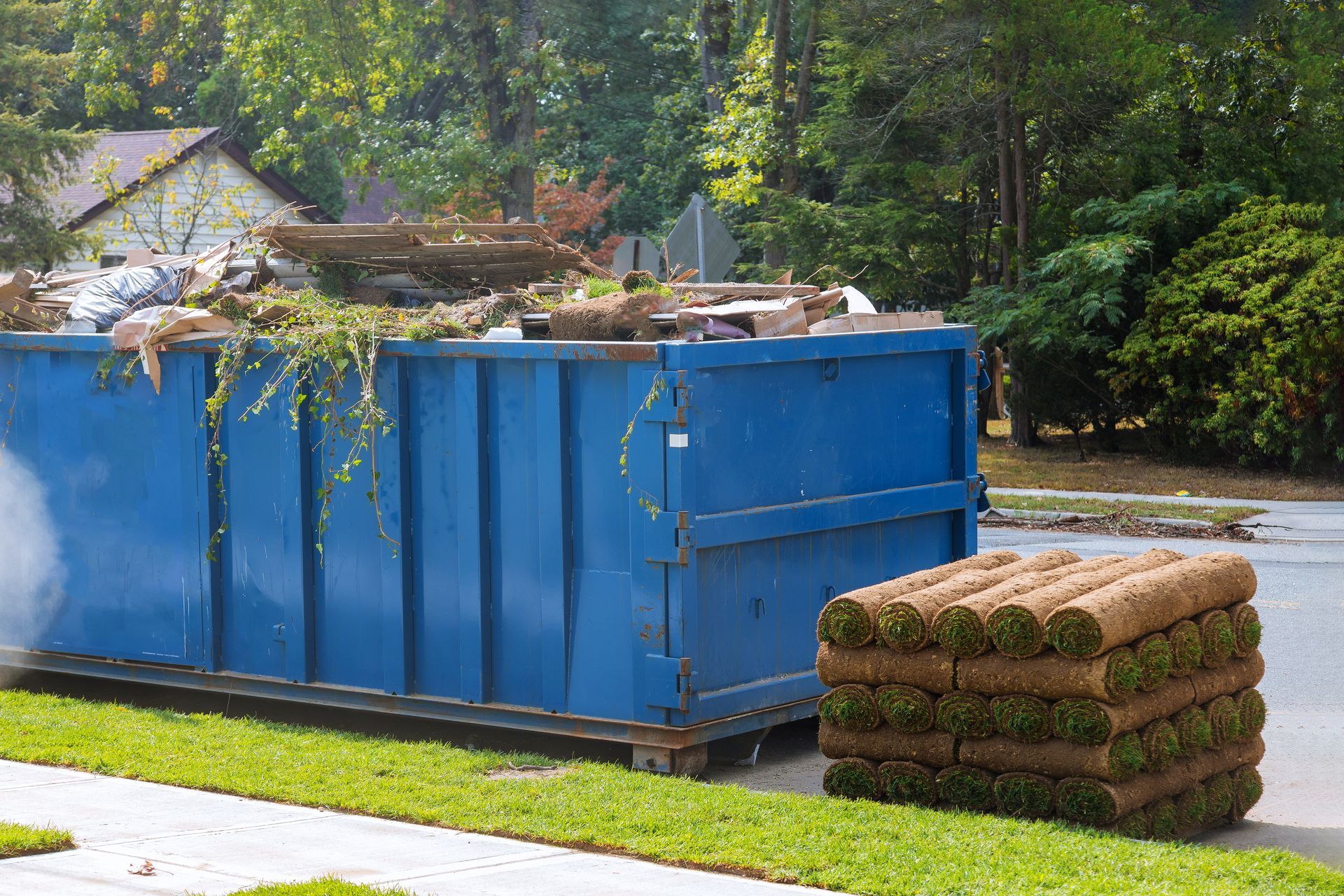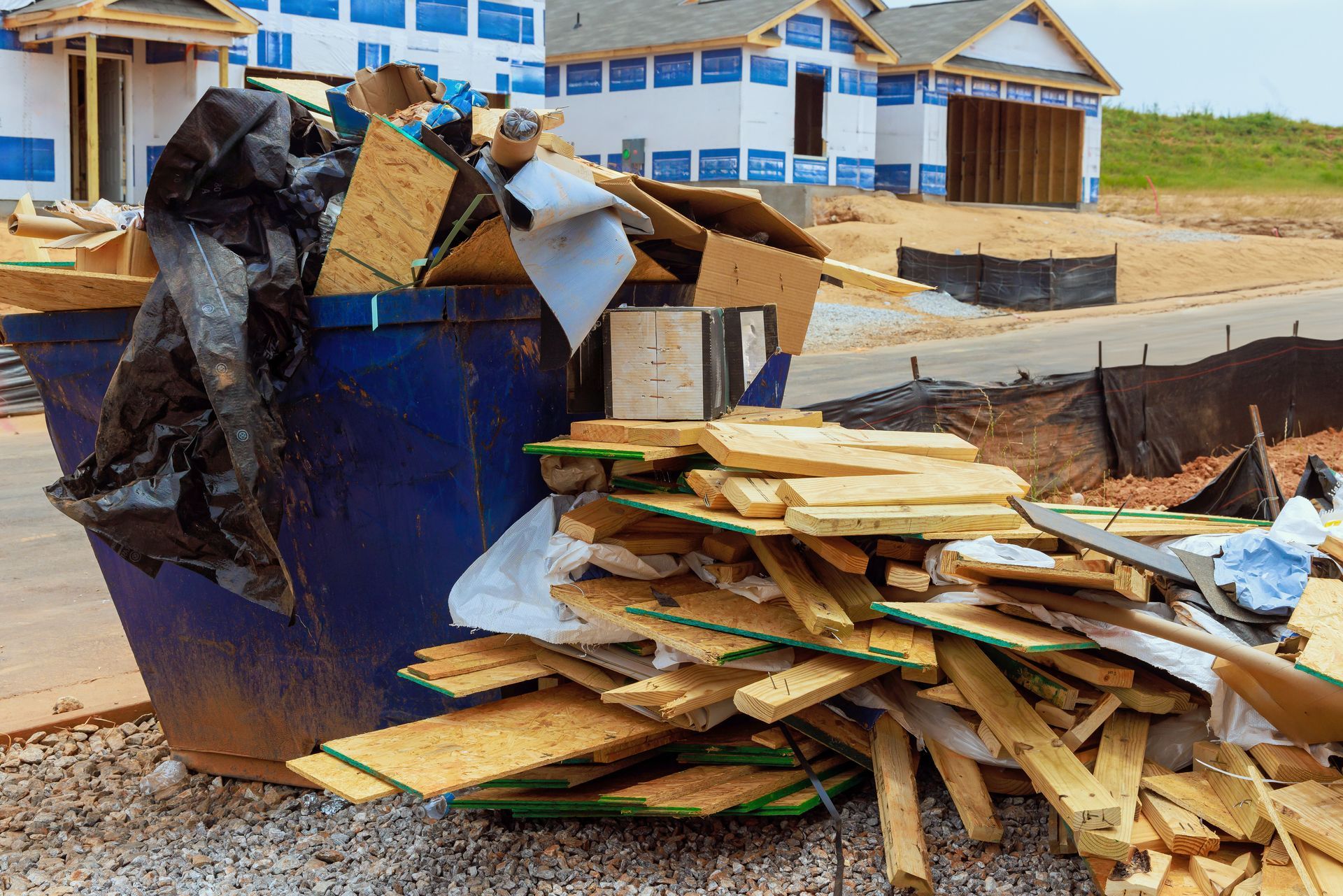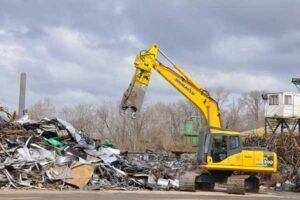
As more and more people become aware of the environmental impact of food waste, it has become increasingly crucial for businesses to take steps to reduce their waste. In addition to helping the environment, reducing food waste can also benefit a business’s bottom line. In this blog post, we will explore some creative solutions for reducing food waste in businesses.
Conduct a Waste Audit
Before you can start reducing waste, you must understand how much you are wasting and where it comes from. Conducting a waste audit can help you identify your waste’s root causes and formulate a plan to reduce it. Start by assessing what food is being wasted, why it is being wasted, and how it is being disposed of. This will help you to implement solutions that are tailored to your unique situation.
Practice Proper Portion Control
Many businesses produce more food than they need and end up throwing away the excess. To combat this, businesses can practice proper portion control. This means only producing what is required and avoiding overproduction. By adopting this approach, businesses can effectively minimize their waste, resulting in cost savings on ingredients and a significant reduction in their environmental footprint. This commitment to waste reduction demonstrates a company’s dedication to sustainability and enhances its reputation as a responsible and forward-thinking organization. Embracing waste reduction practices can bring long-term financial benefits while contributing to a healthier planet for future generations.
Donate Excess Food
Instead of throwing away excess food, businesses can donate it to those in need. Many organizations accept extra food donations and distribute them to individuals and families struggling to put food on the table. This is not only a great way to reduce waste but also a meaningful opportunity to give back to the community and make a positive impact. By consciously adopting sustainable practices and supporting local initiatives, we can contribute to a healthier environment and foster a stronger sense of community engagement.
Compost Food Scraps
Rather than throwing away food scraps, businesses can compost them. Composting is a natural process that breaks down organic materials like food scraps into nutrient-rich soil. The soil can then be used to grow fruits and vegetables, which can be used in the business or donated to the community. Composting is not only a great way to reduce waste, but it also plays a crucial role in helping the environment. By composting organic materials such as food scraps and yard waste, we can divert these materials from landfills, where they would release harmful greenhouse gases. Instead, composting allows for the natural decomposition of these materials, creating nutrient-rich soil that can be used to enrich gardens and support healthy plant growth.
Educate Employees
Educating employees on the importance of waste reduction can include training sessions on proper portion control, composting, and more. By actively engaging employees in the process of waste reduction, businesses have the opportunity to cultivate a culture that not only benefits the environment but also positively impacts their bottom line. Through this collaborative effort, businesses can foster a sense of ownership and responsibility among employees, empowering them to contribute to a greener future while also reaping the economic benefits of reduced waste and increased efficiency.
Reducing food waste in businesses is vital for the environment and can also benefit the bottom line. Businesses can reduce their waste by conducting a waste audit, practicing proper portion control, donating excess food, composting food scraps, educating employees, and positively impacting their communities. Join the movement towards reducing food waste in businesses and positively impact the environment and your bottom line. Together, we can create a more sustainable future for our planet.
For more information, call Portland Disposal & Recycling. We’ll be happy to help you.







